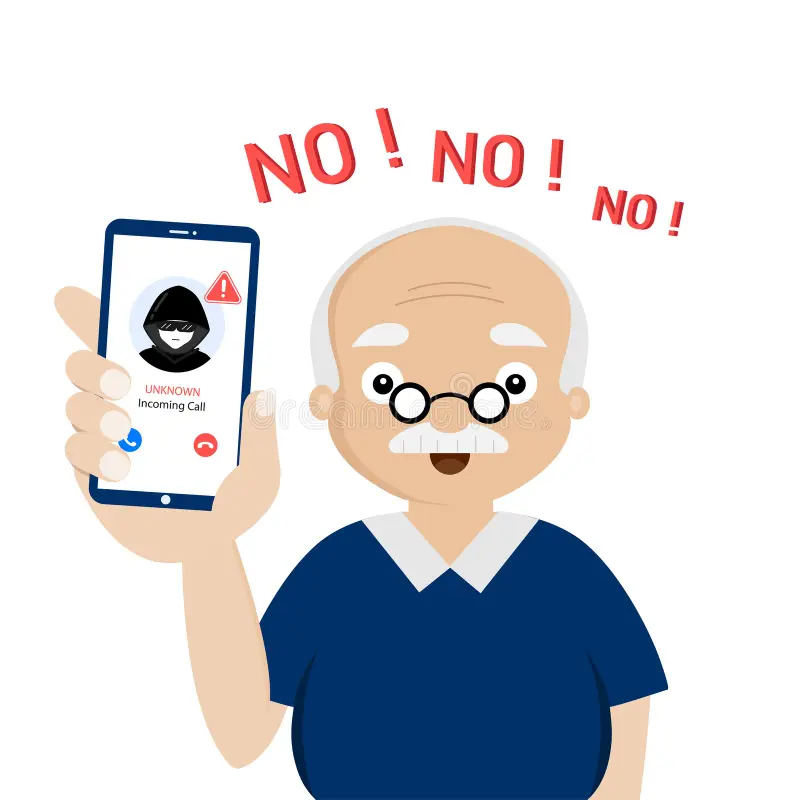Across the United States, a dangerous wave of scam calls is targeting older Americans especially those on Medicare. These schemes often begin with a friendly voice on the other end of the line, claiming to represent the government, Medicare, or a trusted insurance provider. But what follows is a calculated attempt to steal sensitive information and drain hard-earned savings.
In recent months, seniors have reported a surge in calls offering "free" medical equipment, card renewals, and even fake refunds. The catch? The caller needs your Medicare number, Social Security number, or banking information. Once provided, that data is used to commit identity theft, file false claims, or worse access your bank accounts.
According to the Federal Trade Commission, Americans over 60 lost more than $3.4 billion to fraud in 2024 alone. And Medicare-related scams remain among the most common and damaging. These impersonators are getting more sophisticated, often spoofing caller ID to make it look like the call is coming from a government agency.
One victim, 72-year-old Carol from Ohio, shared her story: “The man on the phone sounded so official. He knew my zip code and said there was an issue with my Medicare file. I gave him my information because I was scared I'd lose coverage. The next day, my bank called about suspicious charges.” Carol lost nearly $4,000 before the fraud was stopped.
Law enforcement and advocacy groups are sounding the alarm. Seniors and their families are urged to stay vigilant and follow these important tips:
- Never give out Medicare, Social Security, or banking information over the phone unless you initiated the call.
- Hang up on unsolicited calls claiming to be from Medicare or other agencies. Medicare will never call you asking for personal details.
- Use call-blocking technology or a landline phone with caller ID to screen unknown numbers.
- If in doubt, hang up and call 1‑800‑MEDICARE directly to verify any claims.
- Report suspicious calls to the FTC at reportfraud.ftc.gov.
Organizations like AARP, the Senior Medicare Patrol (SMP), and local sheriff’s departments regularly host fraud prevention workshops and offer free resources. Caregivers can also play a key role by reviewing suspicious mail or phone messages and helping seniors install safer phone systems.
Ultimately, awareness is the strongest defense. If something feels off, it probably is. Trust your instincts, hang up, and talk to someone you trust. As these scams continue to evolve, staying informed is not just important it’s essential.
And remember: Medicare does not call to “verify” your card or offer you new benefits. If someone says otherwise, it’s not just a red flag it’s a full-blown scam.

